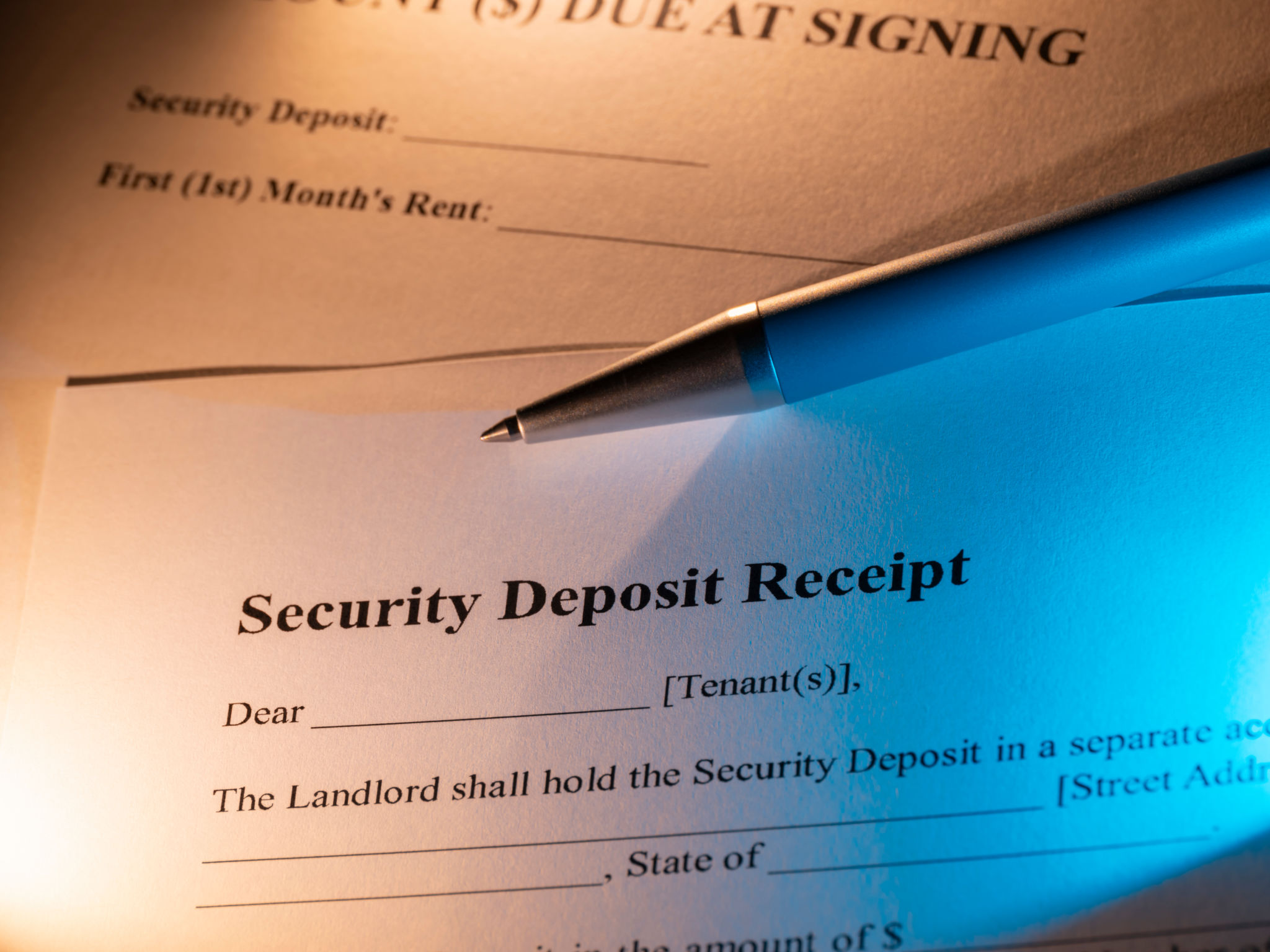Understanding Georgia's Rental Laws: A Guide for Landlords and Tenants
Understanding Georgia's rental laws is essential for both landlords and tenants to ensure a smooth and legally compliant rental experience. Whether you are new to the rental market or have been involved for years, staying informed about the latest regulations can prevent conflicts and foster a healthy landlord-tenant relationship.

General Overview of Rental Agreements
In Georgia, rental agreements can be either written or verbal. However, having a written lease is highly recommended as it clearly outlines the terms and conditions agreed upon by both parties. The lease should include details such as the duration of the tenancy, rent amount, security deposit, and any other pertinent rules.
It's important to note that if a lease term is not specified, the rental agreement is considered a month-to-month tenancy. This flexibility allows either party to terminate the lease with a 30-day notice, providing a degree of fluidity in the rental arrangement.
Security Deposits
Security deposits are a common aspect of rental agreements in Georgia. Landlords often require a deposit to cover potential damages or unpaid rent. Under Georgia law, landlords must provide tenants with a written statement of any pre-existing damage to the property before collecting the deposit. This list helps avoid disputes at the end of the lease term.

Furthermore, landlords are required to return the security deposit within 30 days after the tenant vacates the property, minus any legitimate deductions. If deductions are made, an itemized list must be provided to the tenant.
Tenant Rights and Responsibilities
Tenants in Georgia have specific rights that ensure their living conditions are safe and habitable. One of these rights is the "implied warranty of habitability," which mandates that landlords maintain their properties in livable condition. This includes ensuring that essential services such as heating, plumbing, and electricity are in working order.
Tenants are responsible for keeping the property clean and undamaged, excluding normal wear and tear. They must also adhere to the terms outlined in their lease agreement, including paying rent on time and respecting any rules set by the landlord.
Landlord Responsibilities
Landlords in Georgia must comply with state and federal housing laws. This includes ensuring that their properties meet basic safety and health standards. Regular maintenance and prompt repairs are part of their obligations to provide a habitable environment for tenants.

Additionally, landlords must respect tenants' privacy rights. They are generally required to provide reasonable notice before entering a rented property, except in cases of emergency.
Evictions and Lease Terminations
Evictions in Georgia must follow a legal process. Landlords need to provide proper notice before initiating eviction procedures, typically allowing tenants the opportunity to correct any lease violations, such as non-payment of rent.
If a tenant fails to address these issues within the specified time, landlords can proceed with filing an eviction lawsuit. It's crucial for both parties to understand their rights and responsibilities during this process to avoid unnecessary legal complications.
By understanding Georgia's rental laws, landlords and tenants can enjoy a more transparent and harmonious leasing experience. Whether you're renting out your property or searching for a place to call home, knowing these laws helps protect your interests and fosters mutual respect between all parties involved.
